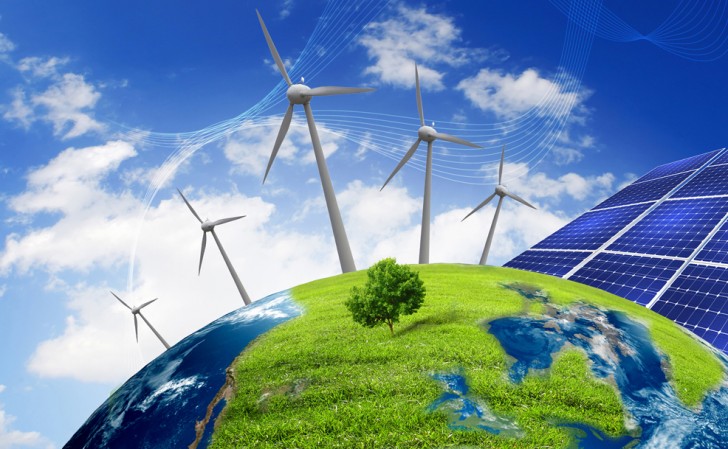The development and expansion of renewable energy helps to achieve the goals of economic, social and environmental development and is considered one of the essential factors in achieving sustainable development in any country. The use of renewable energies, including "wind, solar and geothermal energy", can reduce dependence on fossil resources and reduce the emission of polluting gases. Renewable energies have high initial investment costs and, on the other hand, the maintenance and repair costs are low. But in the methods of energy production from non-renewable sources, the issue is completely opposite, while the cost of consuming limited resources of fossil fuels should also be added to them. Other advantages of renewable energy include abundance and reliability, preventing the production of pollutants, increasing the security of energy supply and increasing access to stable and reliable energy sources for scattered production for use in rural and less developed areas, reducing global warming, Economic growth, creating employment in disadvantaged areas, increasing per capita income and environmental protection in all fields. At the same time, considering the current water conditions, the lack of water consumption in this type of power plants can be considered compared to thermal power plants.

